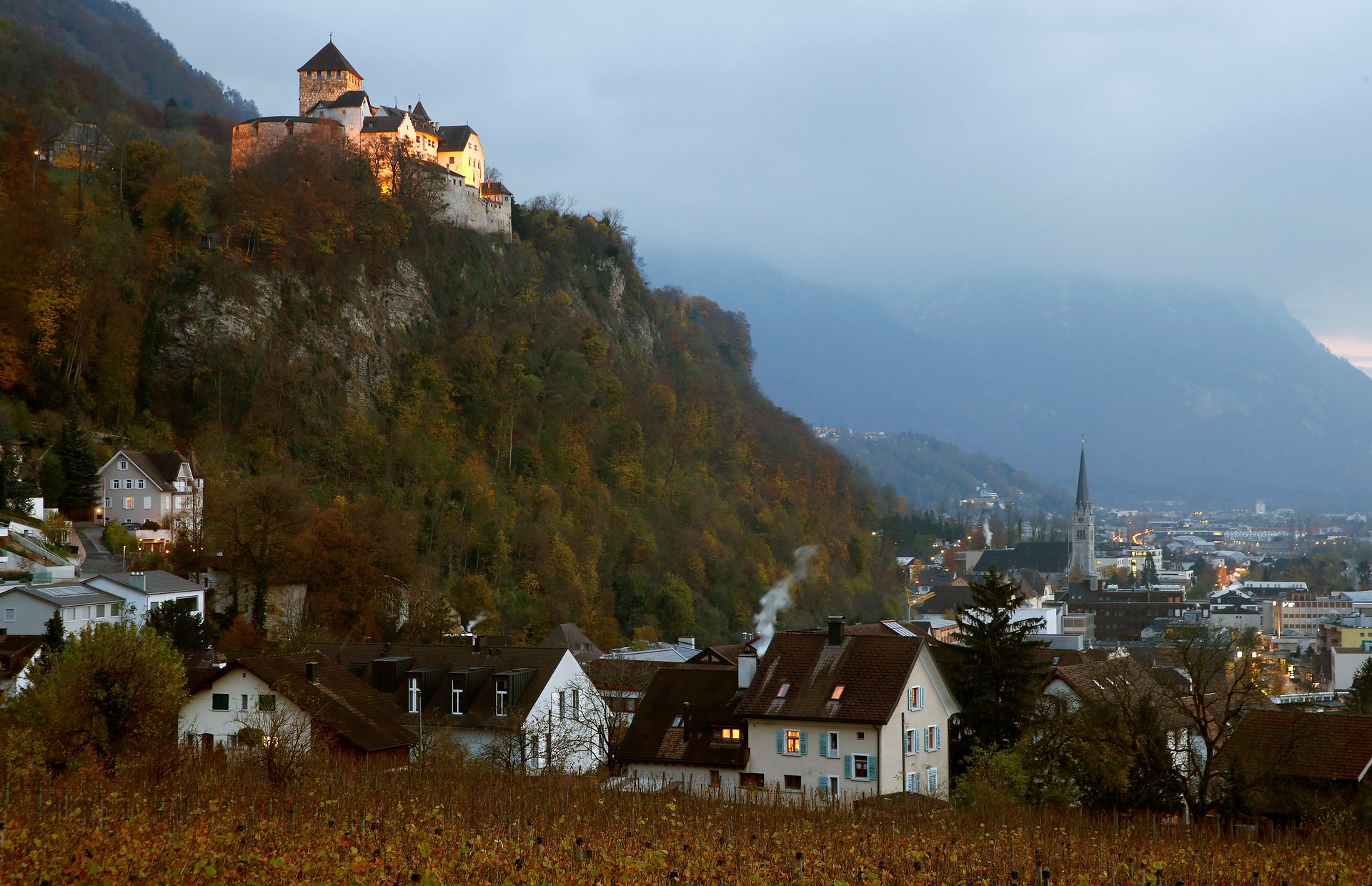Europe’s richest country has no airport or trains and an official 90-minute lunch break
Ransacked after two world wars, the tiny nation of Liechtenstein spent much of the first half of the 20th century decidedly strapped for cash. The European country was struggling to get by as a mostly agriculture-based economy, leaving its ruling family forced to sell off its Old Master paintings to the highest bidder.


Ransacked after two world wars, the tiny nation of Liechtenstein spent much of the first half of the 20th century decidedly strapped for cash. The European country was struggling to get by as a mostly agriculture-based economy, leaving its ruling family forced to sell off its Old Master paintings to the highest bidder.
Now, Liechtenstein, which today (Jan. 23) celebrates the 300th anniversary of the principality’s creation, is thriving. The country is the world’s richest country per capita, driven by a 12.5% corporate tax rate—among the lowest in the continent—and freewheeling incorporation rules resulting in many holding companies establishing offices in the country’s capital, Vaduz.
Despite significant obstacles to trade—Liechtenstein is double-landlocked, meaning it is surrounded by landlocked countries and far from an ocean port—the nation is a poster-child for globalization. In a government brochure welcoming new migrants, former prime minister Klaus Tschütscher described it as “an everyday operational reality. We need to interact with other countries, including foreign cultures, and our companies in a wide variety of sectors rely on foreign labour. This interaction is only possible because, despite the diminutive size of our country, we have kept our eyes open to the outside world.”
With a total area roughly the same as New York’s Staten Island, the country has a population of around 40,000, of which around a third are foreigners. It is a member of the European Free Trade Association and part of both the Schengen Area and the European Economic Area. (The country’s wealth and lack of EU membership has proven inspirational (paywall) to many starry-eyed Brexiteers.)
Liechtenstein’s transformation from penury to prosperity took nearly a century. Historically a nominally independent state within the Holy Roman Empire, Liechtenstein was later affiliated with the Austro-Hungarian Empire. After World War I, and the empire’s breakup, the nation found itself on the edge of bankruptcy, following the collapse of the Austrian monetary system, with its export market almost evaporated. Desperate, it entered into a customs and monetary union with Switzerland in 1924, allowing it to eventually develop into a modern industrial and service industry state.
The country used its low taxes as a selling point. In 1955 Liechtenstein, described itself (paywall) as a country “where citizens dwell virtually tax-free, and where similar freedom awaits foreign corporations.” (The top tax rate at that time was 1.4%.) Foreign corporations with headquarters in Liechtenstein could enjoy “only minimal taxation”—as well as dreamy mountain views. Change did not come as swiftly as the country’s rulers might have liked: At an especially dire point in the 1960s, its ruling family was forced to sell off its Old Master paintings to the highest bidder—among them Leonardo da Vinci’s counterpart to the Mona Lisa (paywall) and four Breughels formerly displayed in prince Franz Josef II’s Austrian hunting lodge.
By the 1970s, however, the country’s economy was booming. The CIA World Factbook now describes the country as “a prosperous, highly industrialized, free-enterprise economy with a vital financial services sector.”
More recently, Liechtenstein has faced international pressure over a lack of transparency in its banking and tax systems: It was placed it on an EU blacklist of countries that would not cooperate with tax investigations. Until 2009, it frustrated German and US tax authorities by distinguishing between tax evasion and tax fraud, and refusing to supply foreign nations with data except in outright cases of tax fraud. It remains a tax haven of sorts: Even the LGT bank, which is owned by the royal family, was described by a US senate subcommittee as “a willing partner and an aider and abetter to clients trying to evade taxes, dodge creditors or defy court orders.”
Despite being an economic powerhouse, the principality retains a certain other-worldly sleepiness, even beyond its princes and fairytale castles. Residents are discouraged from “mowing the lawn or having noisy festivities” during “general normal quiet periods”—including “the lunch break from 12.00 noon to approx. 1.30 pm.” Locals also enjoy a state-mandated week of “sport holiday,” observed in February or March. There is no airport or state railway system—its residents and workers rely on a bus network to get around.
Its politics remain stuck in the past too: until 1984, it denied women the vote. The country has two ruling princes—the head of state, Hans Adam II, and his son, Alois, who now performs day-to-day duties—who were previously a banker and an accountant before assuming their roles. Since 2003, they have had the right to veto parliamentary decisions, appoint judges, and sack the government. The country’s princes may be high up in their castle on the hill, but they are watching closely nonetheless.